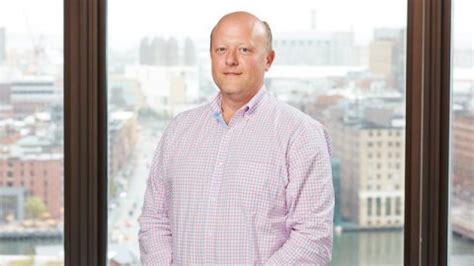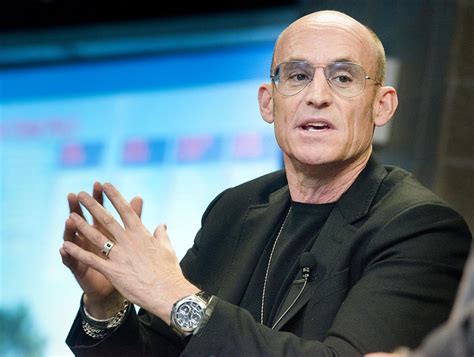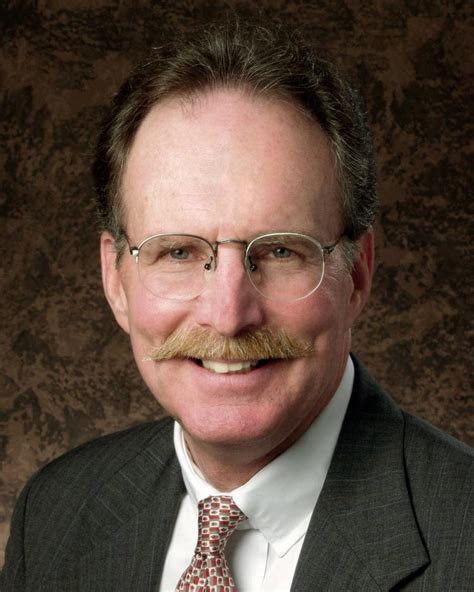A Quote by Azim Premji
Being in the consumer business helps us groom talent in areas like marketing, finance and logistics. We can benchmark our outsourcing business to our consumer business and its best practices.
Related Quotes
I'm funding a new business with money I would have given away in the first place. And I'm starting a responsible business and I'm educating the consumer about chemistry that is totally sustainable - not just from a production point of view, but it also helps sustain the human psyche and physical body - based on informational, energetic matter.
While business advertises, charity is taught to beg. While business motivates with a dollar, charity is told to motivate with guilt. While business takes chances, charity is expected to be cautious. We measure the success of businesses over the long term, but we want our gratification in charity immediately. We are taught that a return on investment should be offered for making consumer goods, but not for making a better world.
Over the past 60 years, marketing has moved from being product-centric (Marketing 1.0) to being consumer-centric (Marketing 2.0). Today we see marketing as transforming once again in response to the new dynamics in the environment. We see companies expanding their focus from products to consumers to humankind issues. Marketing 3.0 is the stage when companies shift from consumer-centricity to human-centricity and where profitability is balanced with corporate responsibility.
I assumed a business like a film studio would behave like a business and still want to protect its own interests, still do the best it could to get as many people paying for as many of their movies as possible. I realized this is not actually a business about business: it's a business of egos and dominance.

































